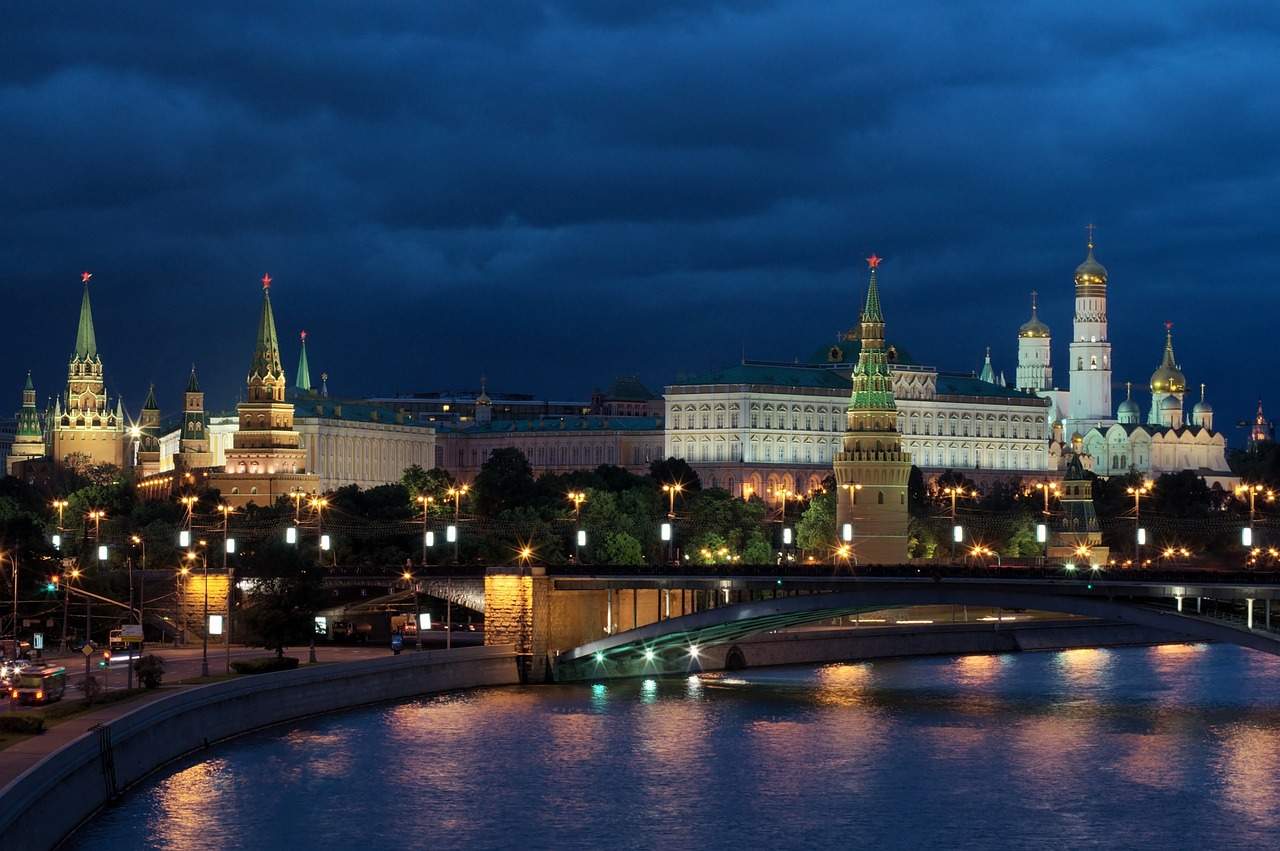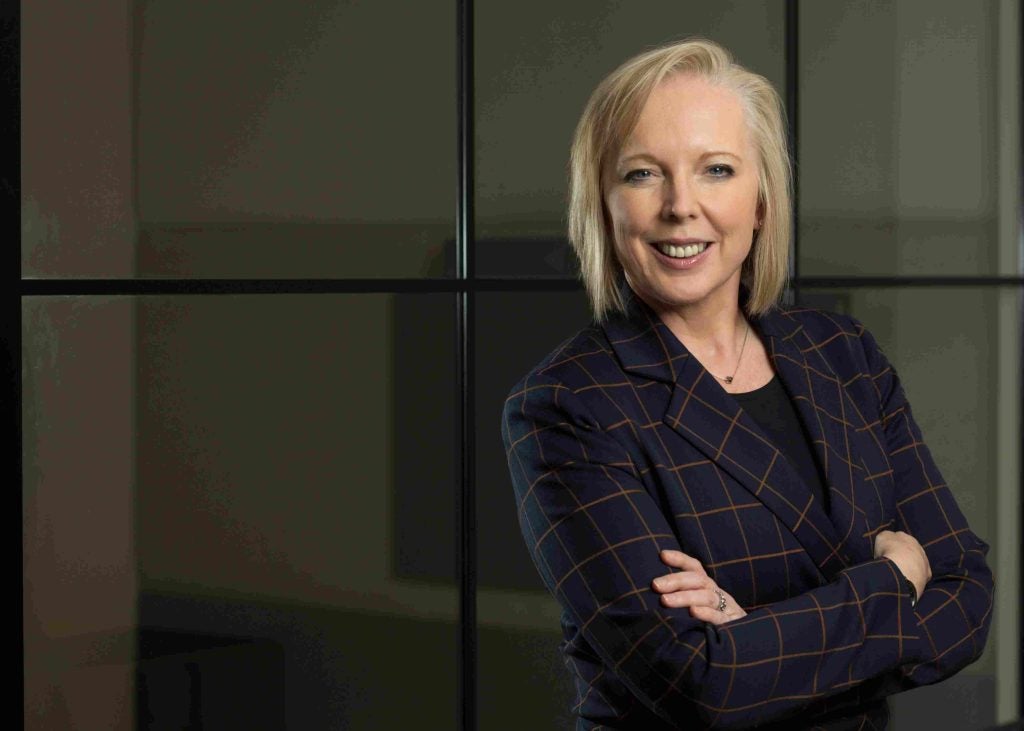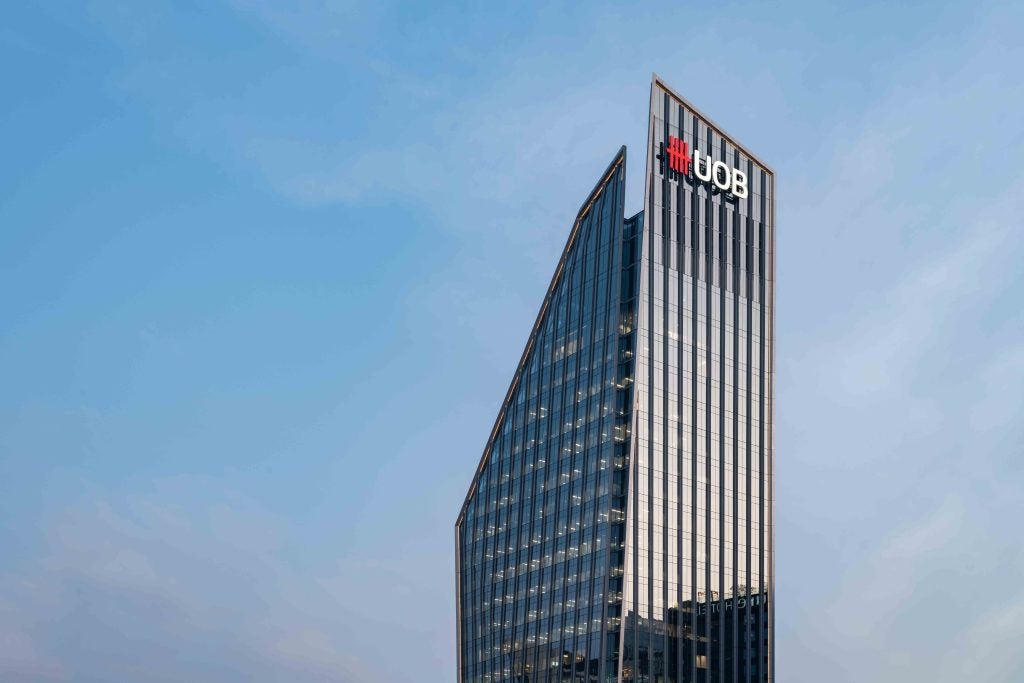
The Russian wealth market is complex. Despite being characterised by a younger HNW population in comparison to the rest of Europe, there are many challenges facing the country’s wealth sector. However, the hurdles are not dimming the optimism of the market participants. Vania Goncalves finds the details in GlobalData Financial Services’ recent report
Russia has dominated the news in the past year or so, but the reasons for it have often been controversial. Russia’s alleged involvement in the US presidential elections and its ties with Syria, to mention a few points, have created a less positive political scenario that might not appeal to many high net worth (HNW) investors.
However, the Russian wealth market participants are optimistic, despite the many challenges that the sector faces. Russia’s new visa regulations aim to open the country up to foreign self-employed entrepreneurs and investors.
In addition, owners of many successful start-ups, who identified opportunities during the economic crisis and when the country was facing sanctions by western governments, are climbing the wealth ladder and are expected to add to Russia’s HNW population in a few years. The UHNW population is experiencing a healthy growth as well, standing at 1,768 UHNWIs in 2016, according to Statista. The wealth segment is dominated by males, aged between 41 and 60 years.
Advisory mandate preference
Advisory mandates are the preferred option among Russian HNW investors.
According to the Wealth in Russia: HNW Investors 2017 report published in May 2017 by GlobalData Financial Services, Russian wealth managers are confident that demand for advisory asset management will increase over the next two years as investors desire to retain control over assets under management, while receiving professional advice.
However, advisors looking to keep a relationship with investors will, most significantly, have to build trust, which is a challenge in countries such as Russia where the rule of law is less stable or reliable.
On the other hand, while the demand for discretionary mandates and automated investment services are unlikely to see any drastic changes, the need for execution-only asset management is expected to increase.
Wealth generators: Mining, oil and gas
Approximately 40% of Russia’s HNW individuals’ wealth has been generated through the mining, oil and gas industries, according to GlobalData’s 2016 Global Wealth Managers Survey.
These are still the most profitable sectors in the country, despite low prices of commodities. Russia’s economy is extremely dependent on the energy exports, with oil and gas remaining the major wealth generators for the HNW population.
Construction, the second wealth generator (21%), is less significant in generating wealth now than it used to be. It is expected to gain some momentum, however, in the run-up to the 2018 FIFA World Cup – to be hosted by Russia.
According to the Wealth in Russia: HNW Investors 2017 report, wealth managers should broaden their scope and gain other type of clients – such as high earning financial services professionals or entrepreneurs launching IT start-ups – without neglecting the oil and gas industry, as most of the HNWIs are still likely to come from this sector.
First generation entrepreneurship has constituted the main source of HNW wealth in the country, followed by earned income and family business ownership. According to GlobalData’s report, approximately 32% of Russian HNWIs have accumulated their wealth through earned income. The economic disparities in the country, however, remain prominent.
Approximately 57% of the total workforce in Russia constitutes of women. Despite this, wage inequality amongst men and women is high.
Bonds to register the highest increase among HNW portfolios
Deposits and bonds dominate the Russian HNWIs’ portfolios. Approximately 40% of liquid assets held onshore are cash and deposit holdings, reflecting the opaque nature of the financial market and the lack of trust. A large number of investments outside of deposits are carried out abroad, according to the report.
Volatile exchange rates have and will continue to have an impact on investments carried out abroad, especially since nearly half of the HNW investment portfolios are held offshore.
Losing clients to offshore providers constitutes a major threat to the onshore wealth management players in Russia. To reduce this risk, banks such as Deutsche Bank Wealth Management are offering deposit accounts in various currencies, including Russian rubles, US dollars, and euros.
Wealth managers have also been looking to persuade their HNW clients to invest in other assets beyond cash holdings. However, a high interest rate environment on deposit holdings in the country is blocking this.
Over 30% of the average HNWI’s portfolio is, currently, dedicated to bonds. Going forward, bonds are forecasted to have the highest inflows, possibly dethroning deposits, according to GlobalData’s report.
New visa regulations encourage immigration
Historically, Russia has been known for restricting access to employment or residency to international citizens.
In 2013, the Russian government tried to ease immigration laws, but the political instability that followed the crisis at the Ukrainian border disheartened potential immigrants from the West and instead saw a migration of Russians from these conflict regions.
According to the report, expats account for just a fraction of the Russian millionaires (6%).
Hoverer, foreign self-employed entrepreneurs or investors can, now, obtain visas for a period up to three years to Russia. To qualify, the self-employed entrepreneur’s business has to generate income of at least RUB10m ($163,220) annually for three years, while investors are required to obtain at least a 10% share in any profitable business entity already in operation in the country.
These constitute low requirements when compared to a majority of European countries, according to GlobalData. In addition, visas have become more attractive due to the weakening of the Russian ruble.
“Highly qualified specialists” can also benefit from an easy visa process if they meet set criteria and are promised employment in Russia. They are then allowed to work in the country for up to three years.







